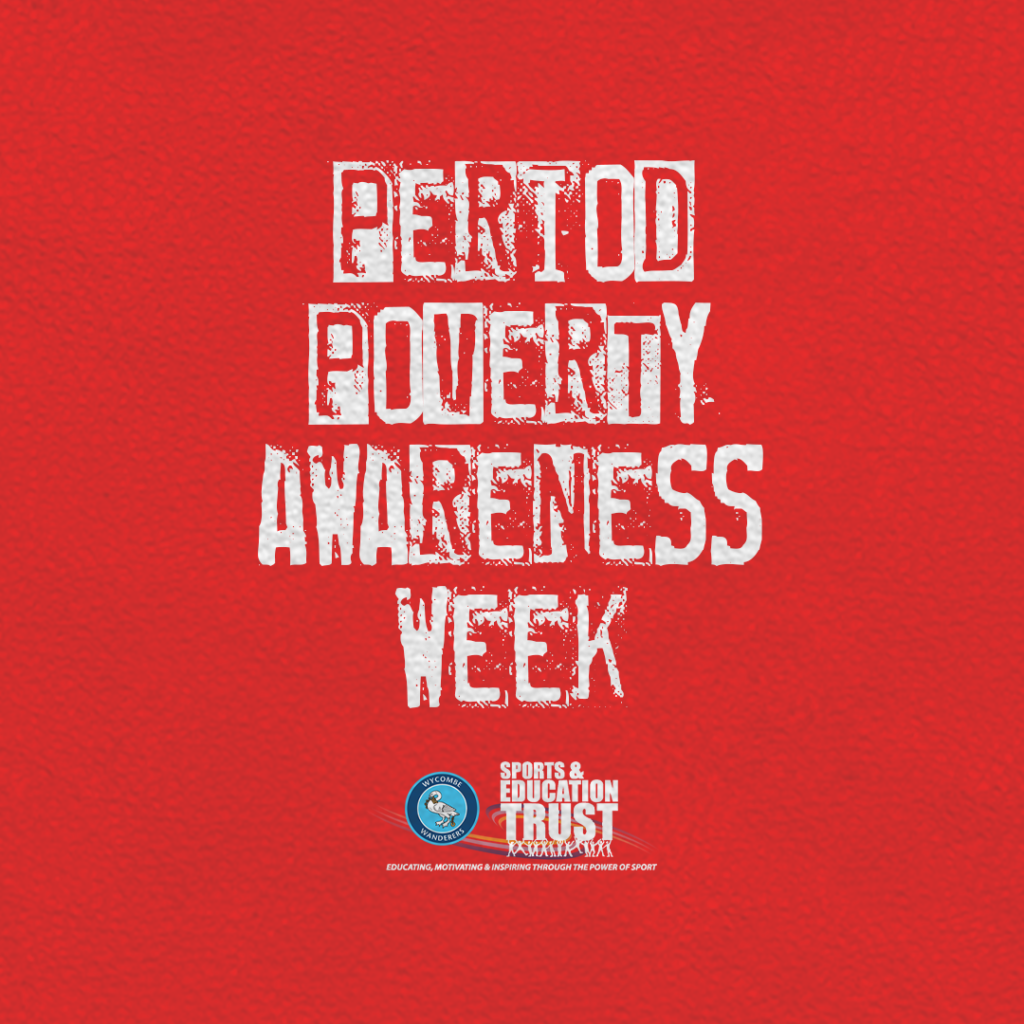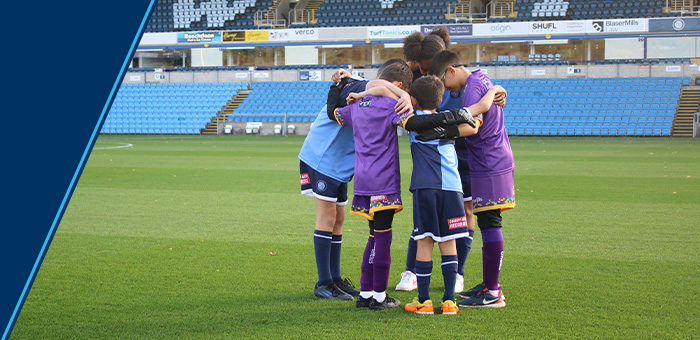This week (Monday 24th – Friday 28th May 2021) is Period Poverty Awareness week in the UK, and here at WWSET, we are encouraging everyone to not be afraid to have open conversations about period poverty, and to think about what we can all do. We will aim to spend this week talking about and understanding the issues at hand, running a series of experiments to aid understanding and making positive changes to our workplace and lives.
What is Period Poverty?
Period Poverty is a term that means being unable to afford access to sanitary products or having financial or educational shortcomings that lead to poor knowledge of menstruation. In the United Kingdom, one in ten girls cannot afford access to even basic menstrual products, while one in seven have struggled to afford them, according to a 1,000 girl report from Plan International UK.
In recent research in South Yorkshire who are primarily from Blacj, Asian, mixed race, ethnic minority and refugee communities, it was uncovered tat 73% of women struggle to afford sanitary products consistently on a monthly basis, 67% change protection less often due to affordability issues, which could cause infections or UTIs and 62% use unconventional items as a replacement, such as socks or toilet roll.
Period poverty is a worldwide issue which affects millions of women and girls. The economic, social and environmental impacts of period poverty are huge, with many of those affected finding themselves restricted from equal education or employment opportunities. Worldwide, up to 80\% of girls have missed a class or social event due to a lack of access to menstrual hygiene products (‘State of the Period’, Thinx).
How does Period Poverty hold girls back?
Not having affordable access to safe and hygienic menstrual products, which can have a profound effect on them, not least in education. The above research suggests that 49% of young girls have missed at least one entire school day because of their period, and 59% of those girls have felt it necessary to make up a lie or excuse to explain their absence. Over the course of a year, this number equates to a shocking 137,700 children missing school as a direct result of period poverty.
It is, of course, important to remember that whilst menstruation is traditionally thought to be a ‘girl thing’, it affects more than just women. A lot of transmasculine and non-binary people, who are assigned female at birth, do menstruate. As transition occurs, periods don’t just disappear. Only 1 in 5 trans people medically transition (according to GIRES, 2011), meaning that a large percentage of trans men will still have periods.
What are the ramifications of period poverty?
One of the major problems concerning period poverty is the taboo surrounding menstruation, which can be particularly harmful to girls going through puberty. According to the Plan International research, some 50% of girls interviewed admitted to being embarrassed by their period, which affects their ability to speak candidly and honestly about their cycle. 68% said they were afraid to ask for help, and that they were less likely to be able to concentrate at school as a result.
The stigma surrounding periods has been shown to directly affect a girl’s potential to succeed. The study concluded that the knowledge of effective treatments for period pain is low and girls with period pain experience reduced classroom performance and a lower level of class attendance.5 If a pupil misses school every time they have their period, they are set 145 days behind their fellow students. 76% of students in the UK say that in school they were taught more about the anatomy of a frog than their menstrual cycle.
Above educational absence, and going into adulthood, period poverty comes with some psychological and social risks, such as self-objectification, body shame, and lack of agency in sexual decision-making.
What can we do to help?
At WWSET, we believe in opening tough conversational channels and breaking down the barriers to open and transparent rhetoric. Therefore, we understand the great value in addressing topics like period poverty. By breaking down the walls of stigma, we aim to create an environment in which people are free to discuss menstruation in an open and frank way.
Our recently established EqualiTeam is looking to create a more understanding workplace. Stay tuned for updates on how we get on…


